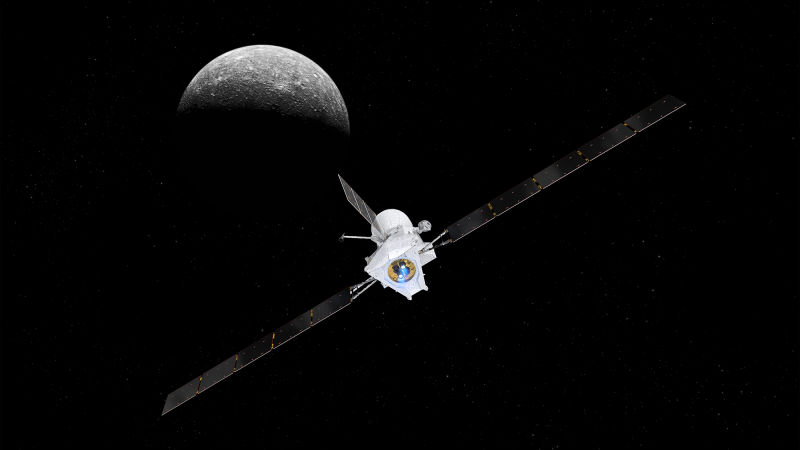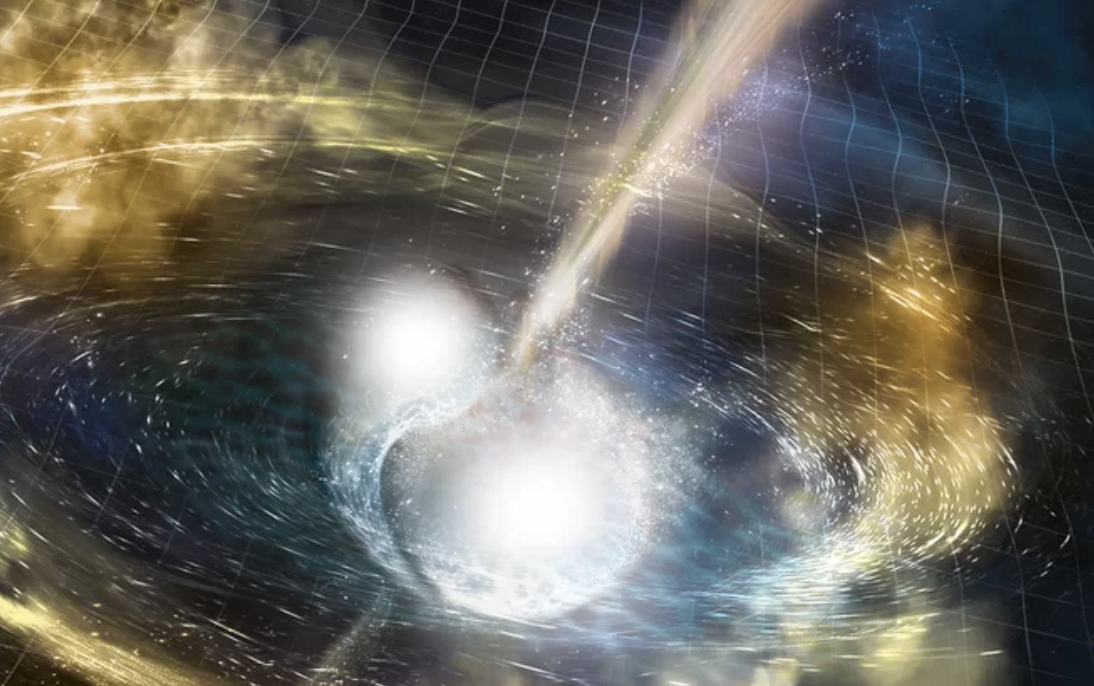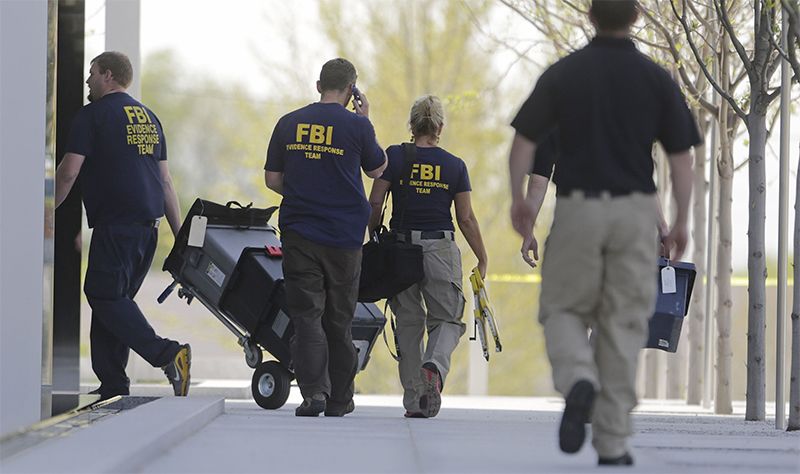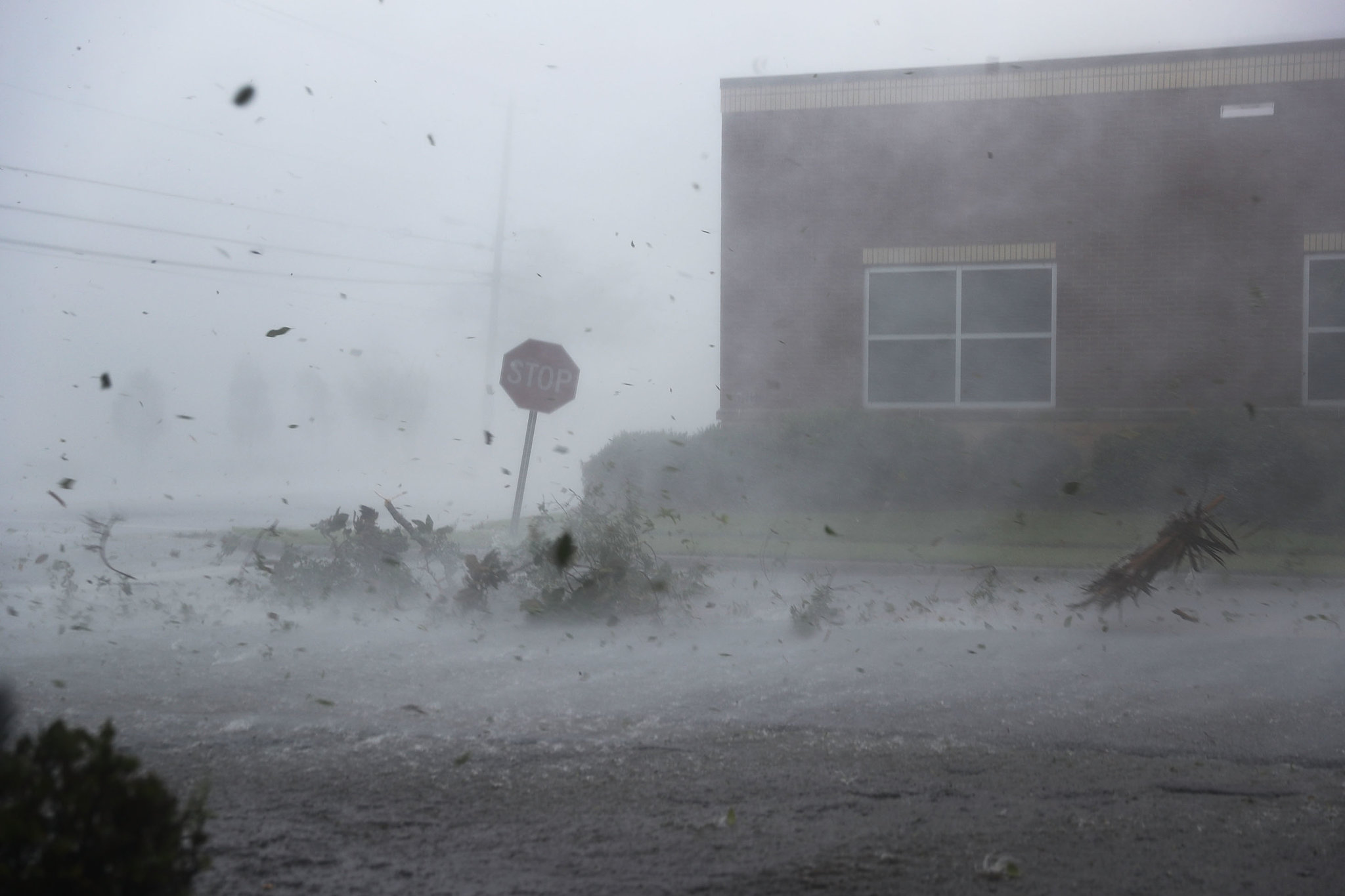November 2, 2018
2019 Breakthrough Prizes Honor Cutting-edge Science and Math
“In some ways I’m getting a prize for the first time we found out how to destroy neutron stars,” says Columbia University astrophysicist Brian Metzger, who was awarded one of three $100,000 prizes for New Horizons in Physics.
October 25, 2018
The Migrant Caravan’s Plight Is a Glimpse of Our Coming Climate Crisis
The role agriculture and environmental woes have played in the lives of those walking among the migrant caravan remain unclear, but these are the types of circumstances that can push a person who’s been considering the journey over the edge, said Diego Pons, a research scientist at Columbia
October 19, 2018
Launching Tonight: A Mission to the Best Planet (Mercury)
The new probe improves on several aspects of its predecessor MESSENGER, said Sean Solomon, director of Columbia’s Lamont-Doherty Earth Observatory and MESSENGER principal investigator.
October 17, 2018
2019 Breakthrough Prize Honors Pulsar Discovery, ‘Multi-Messenger Astronomy’ and More
Theoretical astrophysicist Brian Metzger of Columbia University is the recipient of a $100,000 "New Horizons in Physics" Breakthrough Prize, an award reserved for early-career researchers, for his work.
October 17, 2018
Meet the Endoterrestrials
Peter Kelemen, a geologist at the Lamont-Doherty Earth Observatory, is studying whether deep-earth rocks in Oman could help humanity offset some of its carbon emissions.
October 11, 2018
Supercharged Crime-scene DNA Analysis Sparks Privacy Concerns
Genetic sleuthing techniques that led to the arrest of a suspect in the infamous Golden State Killer case this year are set to become vastly more powerful, suggest two papers published today. Yaniv Erlich, a computational geneticist at Columbia, led one of the studies.
October 11, 2018
The Hurricanes, and Climate-Change Questions, Keep Coming. Yes, They’re Linked.
“What’s not emphasized enough is the sea level-rise connection,” Suzana Camargo, a Columbia atmospheric scientist, said. “Even if there weren’t changes in the hurricane itself, just because you have sea-level rise you end up having more flooding.”







